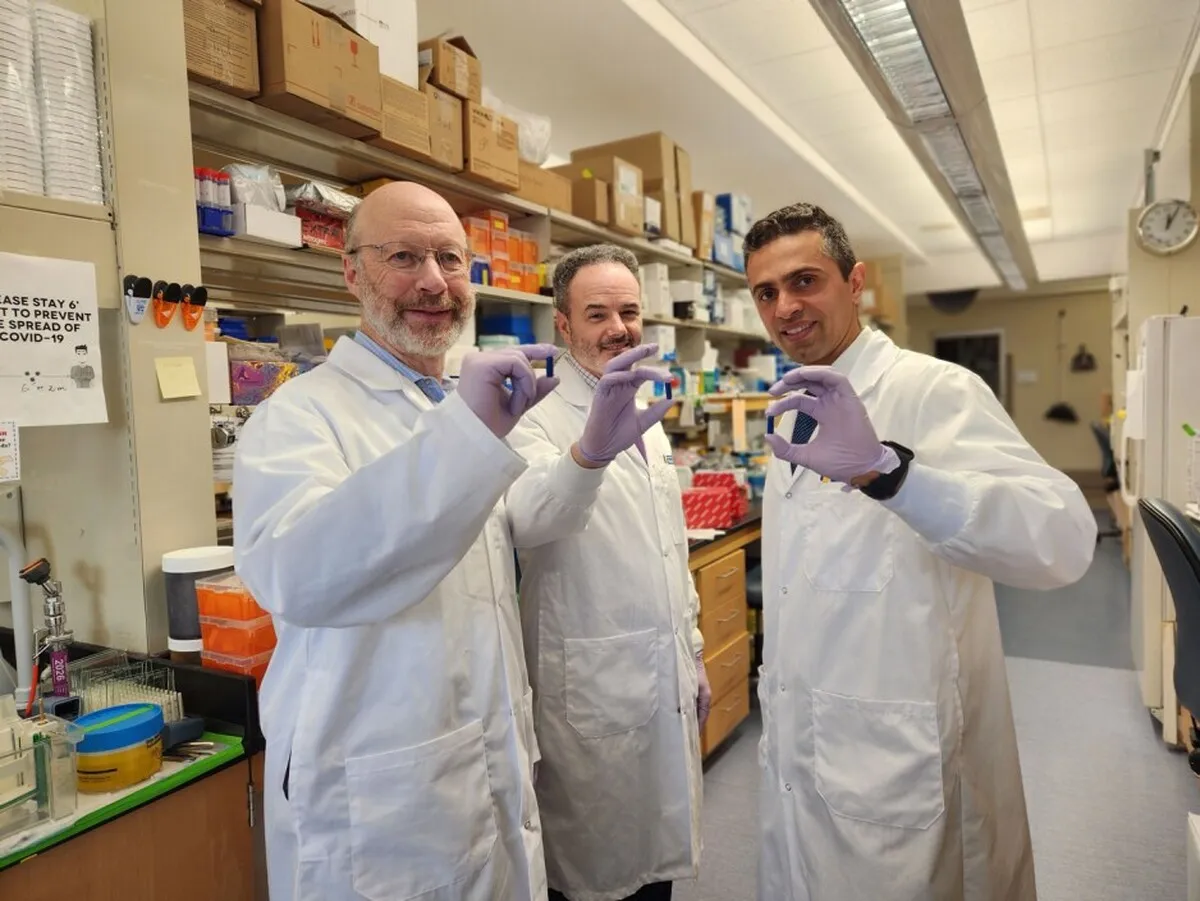Iranian Scientist, Colleagues to Conduct World-First Clinical Trial on Poop Pills to Treat Pancreatic Cancer

“We will study how the gut bacteria of pancreatic cancer patients change after treatment with fecal transplants and how this affects their immune system. Our goal is to determine whether a successful shift in the gut microbiome is connected to a better response to chemotherapy,” says Saman Maleki, PhD, Scientist at LHSCRI.
“Pancreatic cancer has a poor survival rate of approximately 10 per cent over five years and is expected to be the third leading cause of cancer-related deaths in Canada in the next few years,” says Dr. John Lenehan, Scientist at LHSCRI and Medical Oncologist at the Verspeeten Family Cancer Centre at London Health Sciences Centre (LHSC). “Through this study, we aim to offer a new, innovative treatment to patients.”
Research has shown that cancerous tumours have their own microbial community of bacteria, viruses, and fungi that helps the cancer defend itself from conventional treatments like chemotherapy. Early preclinical evidence studies suggests that fecal transplants delivered via the innovative capsules - known as LND101 - could alter the microbial composition of the tumour and make it more receptive to conventional therapy.
The Phase I safety trial will test the procedure over two years in a small group of cancer patients recruited from the Verspeeten Family Cancer Centre at LHSC. The process, called fecal microbiota transplantation (FMT), involves taking stool from carefully screened healthy donors, processing it in the lab, and creating tasteless, odourless capsules, which are provided to patients participating in the study. The goal is to enhance the patient's microbiome (the collection of healthy microorganisms in the human body) which will boost the body's immune response and potentially make chemotherapy more effective.
The LND101 pills were pioneered and are produced at Lawson and are showing promise in the treatment of various cancers, including melanoma, through studies at Lawson and LHSCRI. The trailblazing FMT team at St. Joseph’s is led by Lawson Scientist Dr. Michael Silverman, Medical Director of the Infectious Diseases Care Program, and Lawson Associate Scientist Seema Nair Parvathy, PhD.
“Earlier studies led by Lawson and LHSCRI have demonstrated that the treatment is safe in other cancers and appears to result in better responses to conventional therapies among patients with advanced melanoma, lung cancer and renal cell carcinoma,” says Parvathy, Research Director of the FMT program at St. Joseph’s. “The research teams believe they can achieve similar success with patients who have advanced pancreatic cancer,” Parvathy adds.
Parvathy emphasizes the critical role of poop donors in this groundbreaking field of cancer research. Suitable donors are healthy adults ages 18-50 who: have not taken antibiotics in the past six months; are not immunocompromised; and do not have chronic gastrointestinal disorders, such as inflammatory bowel disease.
4155/v





















